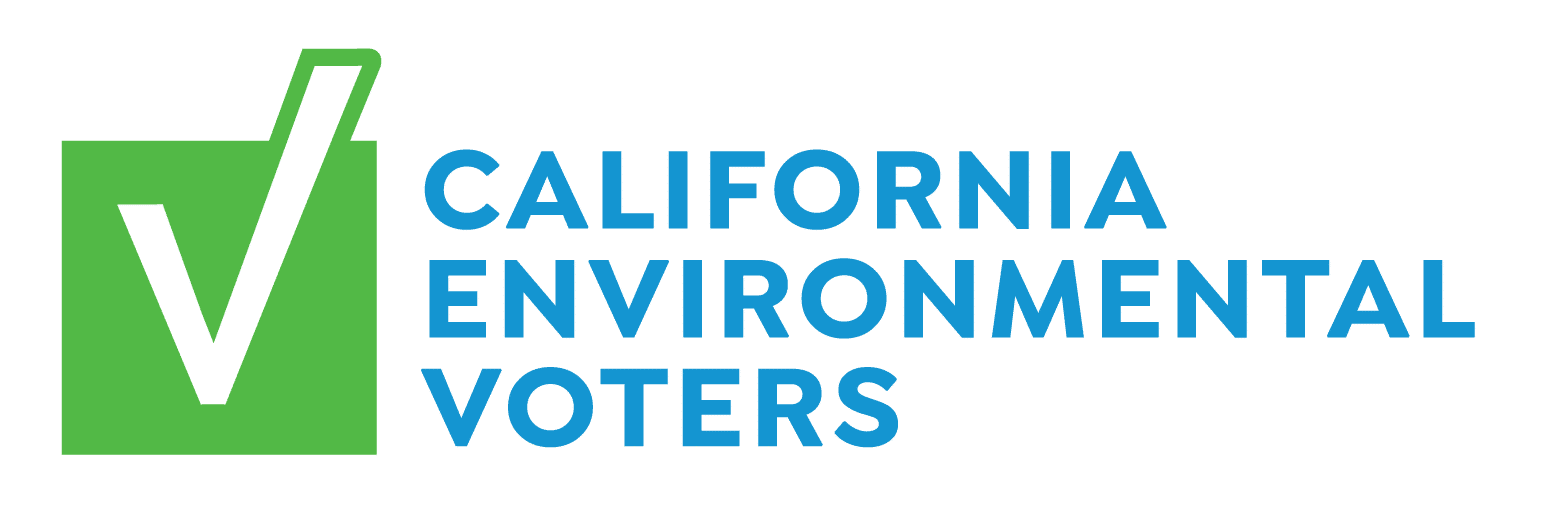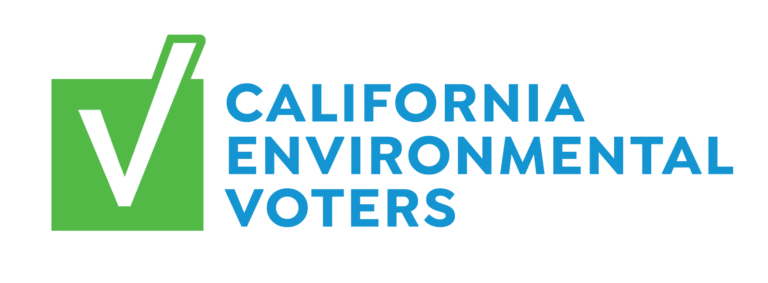
In the 2010 California Legislative session that recently ended, CLCV helped pass a variety of significant environmental legislation, including important wins on climate change and dangerous toxins. Just as important, we successfully thwarted an unprecedented number of bad bills pushed by polluters, many of which tried to use the recession as an excuse to weaken enforcement of environmental protection.
The bills that passed now go to the governor’s desk, where he will ultimately veto them, sign them into law, or simply take no action and allow them to become law.
Environmental Wins:
-
Climate Change – AB 1405 (De Leon/V. M. Pérez), which would provide climate change funds to vulnerable communities to address pollution issues, passed out of the legislature and is now on the Governor’s desk.
-
Extended Producer Responsibility (EPR) is the concept that the maker of a product is responsible for what happens to it, even after someone buys it. EPR programs work; for example, California has one for mercury thermometers already. Manufacturers must incorporate a “cradle-to-grave” plan for their products under EPR, which can result in products being designed that are safer, more environmentally friendly, and cheaper to dispose of.
Two priority EPR bills passed, providing a blueprint for the end-of-life management costs of paint (AB 1343, Huffman) and carpets (AB 2396, J. Pérez) to be borne by producers. In addition, AB 737 (Chesbro) will boost commercial recycling efforts and formulate a strategy to achieve 75% waste diversion in the State.
-
California Environmental Quality Act (CEQA) – Labor and environmental advocates worked together to stop AB 1581, a last-minute bill exempting big-box retail conversions from critical environmental impact review requirements.
-
Air Quality – AB 2289 (Eng) updates the state’s smog check program to include more efficient testing procedures.
-
Natural Resources – SB 346 (Kehoe) will phase out the use of copper in brake pads; copper residue from braking ends up as an aquatic toxin. AB 2376 (Huffman) will establish strategic plans for the Department of Fish & Game and the Fish & Game Commission. We also helped stop a bad bill (AB 1552) that would have undermined coastal habitat protections.
Defeating bad bills:
Eighteen bills were introduced this year aimed at weakening the California Environmental Quality Act (CEQA), the state’s basic environmental protection; 33 other bills targeted the Air Resources Board, the Energy Commission, or some other environmental agency. Virtually all of these bills died in committee.
Losses:
In the face of a well-funded campaign by the chemical industry, bans on single-use plastic bags (AB 1998, Brownley) and the toxic chemical bisphenol A in baby products (SB 797, Pavley) did not pass. SB 722 (Simitian, Steinberg and Kehoe), to establish a 33% renewable portfolio standard, also failed passage. Other key energy, climate and water policy laws also were voted down or were held in committee. Most of these losses were due to legislators citing economic issues, and lobbying and political campaigns paid for by the state’s biggest polluters. It also did not help that two of our best allies in the legislature were absent due to health problems; even one legislator frequently makes the difference on a close vote.
What you can do:
Please contact Governor Schwarzenegger and urge him to sign the environmental laws on his desk — take action on one or more of our Action Alerts. With your help we can continue to work to protect California’s families and natural legacy.


